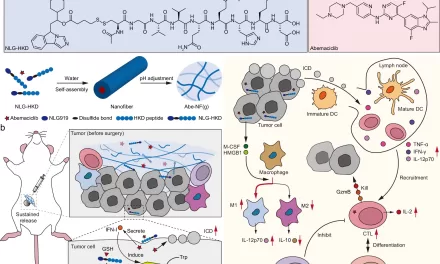Chest pain after a hearty family meal might feel like a common case of heartburn, but it could also be a sign of something far more serious. Understanding the difference between indigestion and a cardiovascular issue could be life-saving, according to Dr. Maya Balakrishnan, a gastroenterology expert and associate professor at Baylor College of Medicine.
As people age, the likelihood of experiencing both conditions increases.
“With aging, the muscles that control the esophagus weaken, raising the risk of acid reflux,” Dr. Balakrishnan explained in a Baylor news release. “Similarly, aging also increases the risk of cardiovascular diseases due to factors like high blood pressure, cholesterol, and diabetes.”
What is Heartburn?
Heartburn, a common gastrointestinal problem, often strikes after indulging in a large or heavy meal. It happens when stomach acid flows back into the esophagus, causing a burning sensation in the chest or an unpleasant metallic taste in the mouth.
“It’s often triggered by specific foods or by lying down too soon after eating,” Dr. Balakrishnan noted.
Key culprits for heartburn, particularly during the holidays, include:
- Salty or spicy foods
- Tomato-based dishes
- Chocolate
- Alcohol
- Caffeine
To minimize heartburn, Dr. Balakrishnan suggests:
- Avoiding known trigger foods.
- Eating smaller portions.
- Staying upright for at least three to four hours post-meal.
- Taking a short walk after eating.
For those who do experience heartburn, treatments range from over-the-counter antacids to prescription medications like proton pump inhibitors and H2 blockers, which reduce stomach acid levels.
When Chest Pain Could Signal a Heart Condition
Not all chest pain stems from heartburn. Sometimes, it may indicate a heart condition like angina or even a heart attack. Unlike heartburn, these conditions can occur regardless of activity level and are often accompanied by symptoms like shortness of breath or dizziness.
“Angina occurs when the heart isn’t receiving enough oxygen due to restricted blood flow,” Dr. Balakrishnan explained. “This type of pain is more serious and can be life-threatening.”
If you have persistent chest pain, especially with risk factors like smoking, diabetes, or high blood pressure, seeking immediate medical attention is critical.
Know the Signs, Stay Informed
Distinguishing between heartburn and a heart condition could save your life. If in doubt, consult a physician to assess your cardiovascular health and risk factors.
For more information on heart attack symptoms and prevention, visit the American Heart Association’s website.
Stay informed and prioritize your health this holiday season—your heart will thank you.












